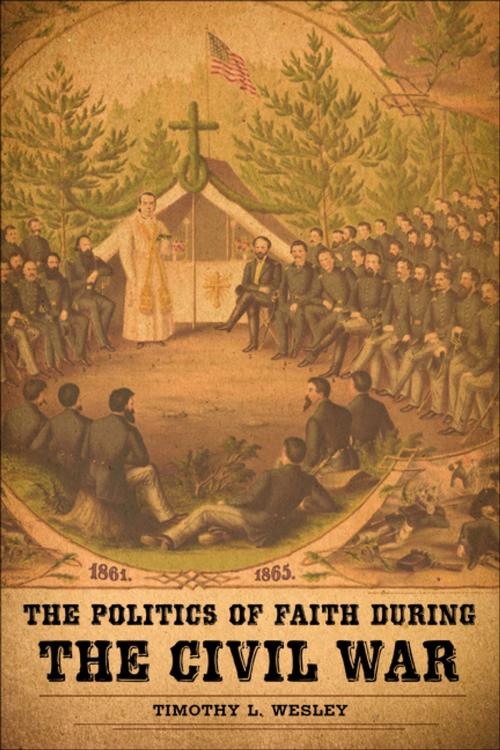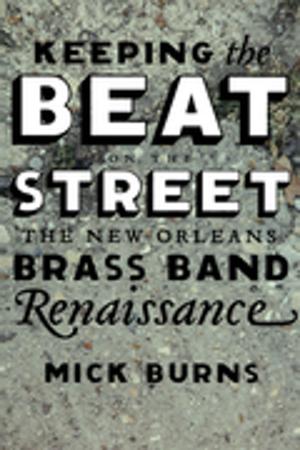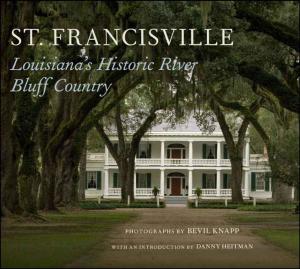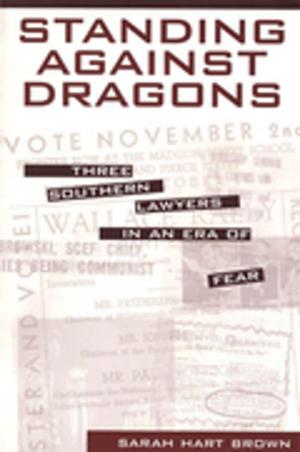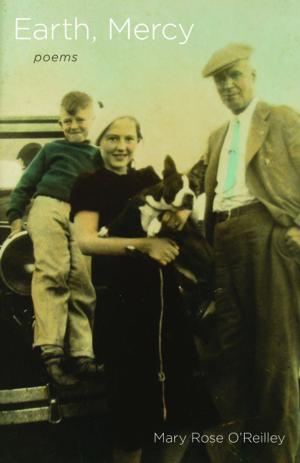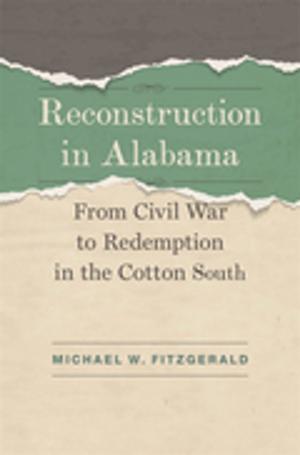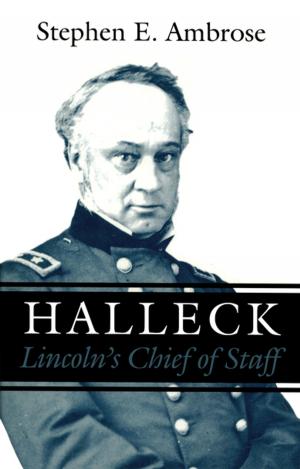The Politics of Faith during the Civil War
Nonfiction, History, Americas, United States, Civil War Period (1850-1877), Religion & Spirituality| Author: | Timothy L. Wesley | ISBN: | 9780807150023 |
| Publisher: | LSU Press | Publication: | May 13, 2013 |
| Imprint: | LSU Press | Language: | English |
| Author: | Timothy L. Wesley |
| ISBN: | 9780807150023 |
| Publisher: | LSU Press |
| Publication: | May 13, 2013 |
| Imprint: | LSU Press |
| Language: | English |
In The Politics of Faith during the Civil War, Timothy L. Wesley examines the engagement of both northern and southern preachers in politics during the American Civil War, revealing an era of denominational, governmental, and public scrutiny of religious leaders. Controversial ministers risked ostracism within the local community, censure from church leaders, and arrests by provost marshals or local police. In contested areas of the Upper Confederacy and border Union, ministers occasionally faced deadly violence for what they said or would not say from their pulpits. Even silence on political issues did not guarantee a preacher's security, as both sides arrested clergymen who defied the dictates of civil and military authorities by refusing to declare their loyalty in sermons or to pray for the designated nation, army, or president.
The generation that fought the Civil War lived in arguably the most sacralized culture in the history of the United States. The participation of church members in the public arena meant that ministers wielded great authority. Wesley outlines the scope of that influence and considers, conversely, the feared outcomes of its abuse. By treating ministers as both individual men of conscience and leaders of religious communities, Wesley reveals that the reticence of otherwise loyal ministers to bring politics into the pulpit often grew not out of partisan concerns but out of doctrinal, historical, and local factors.
The Politics of Faith during the Civil War sheds new light on the political motivations of homefront clergymen during wartime, revealing how and why the Civil War stands as the nation's first concerted campaign to check the ministry's freedom of religious expression.
In The Politics of Faith during the Civil War, Timothy L. Wesley examines the engagement of both northern and southern preachers in politics during the American Civil War, revealing an era of denominational, governmental, and public scrutiny of religious leaders. Controversial ministers risked ostracism within the local community, censure from church leaders, and arrests by provost marshals or local police. In contested areas of the Upper Confederacy and border Union, ministers occasionally faced deadly violence for what they said or would not say from their pulpits. Even silence on political issues did not guarantee a preacher's security, as both sides arrested clergymen who defied the dictates of civil and military authorities by refusing to declare their loyalty in sermons or to pray for the designated nation, army, or president.
The generation that fought the Civil War lived in arguably the most sacralized culture in the history of the United States. The participation of church members in the public arena meant that ministers wielded great authority. Wesley outlines the scope of that influence and considers, conversely, the feared outcomes of its abuse. By treating ministers as both individual men of conscience and leaders of religious communities, Wesley reveals that the reticence of otherwise loyal ministers to bring politics into the pulpit often grew not out of partisan concerns but out of doctrinal, historical, and local factors.
The Politics of Faith during the Civil War sheds new light on the political motivations of homefront clergymen during wartime, revealing how and why the Civil War stands as the nation's first concerted campaign to check the ministry's freedom of religious expression.
